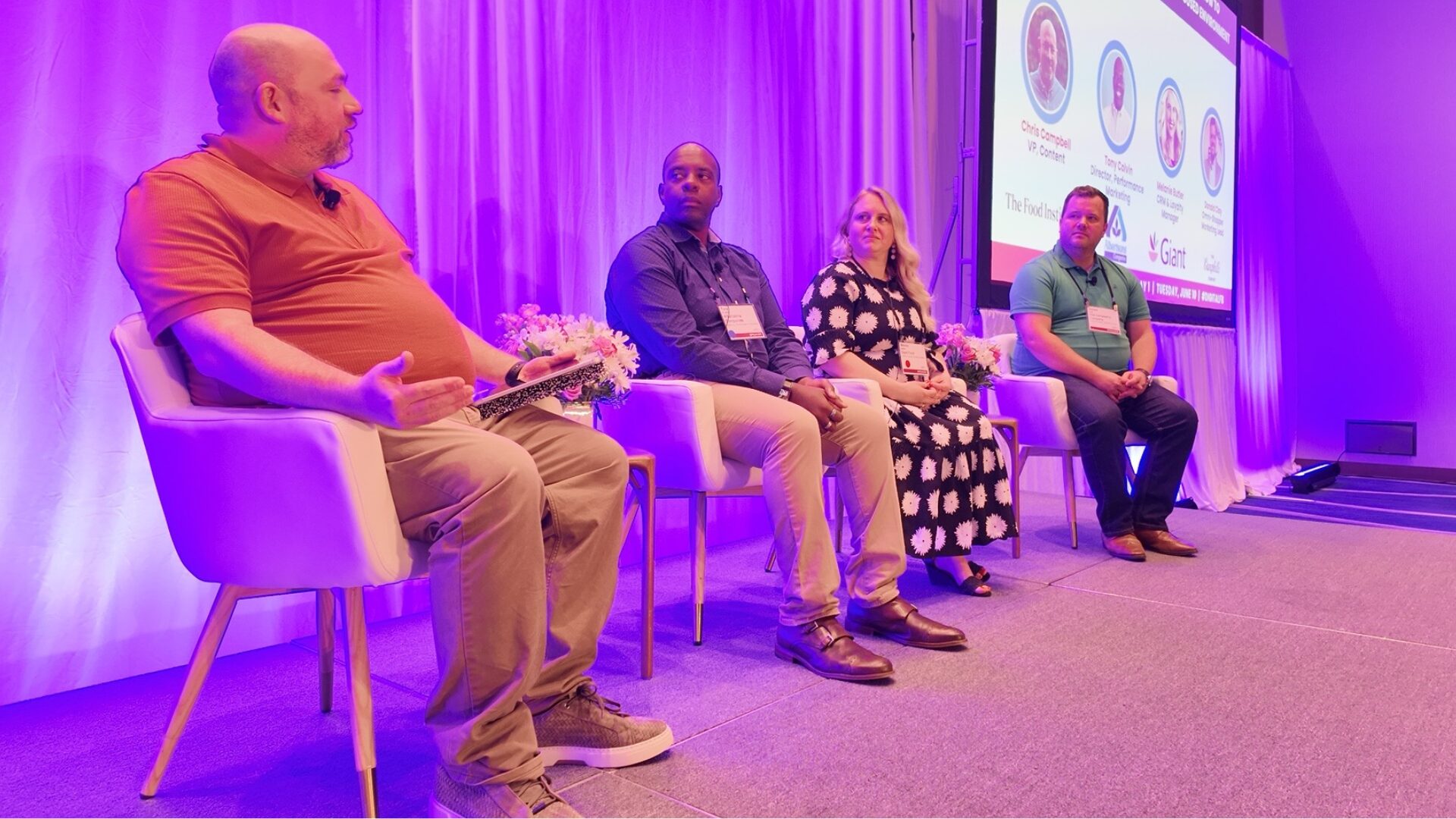Many e-commerce businesses are beginning to take advantage of artificial intelligence (AI) to help in searching, sorting, and finding relevant data.
Giants such as Amazon, eBay, and Flipkart are standing on the cutting edge of the technology, according to “The Colossal Impact of Artificial Intelligence in E-Commerce: Statistics and Facts” published in the International Research Journal of Engineering and Technology.
A survey by Cowen and Company found digital marketing was the biggest area in software that is ready for AI investment at 50%, while e-commerce was found to have 20% potential—but is increasing rapidly.
AI In Action
Over 80% of all customer interactions are predicted to be handled by AI in 2020, according to Gartner. Companies such as Alibaba, eBay, and Amazon are applying the technology to detect fake reviews, product recommendations, and managing big data.
At Amazon, the most well-known AI product is the Alexa, which helps to collect training data sets for algorithms that are essential to Amazon’s targeted marketing strategy. The company uses AI to reveal what consumers are looking for based on searches.
China-based JD.com uses AI to improve the efficiency of warehouse operations. It also intends to use AI to reduce its number of employees over the decade to increase profit margin. Meanwhile, Alibaba has a list of AI services including Tmall Genie, chatbot, and Ali Assistant. The chatbot processes 95% of customer inquiries.
Potential Risks
Although AI can be beneficial in e-commerce, there are several risks associated with its use. One potential risk is AI brings about the general problem of putting people out of work, according to “Artificial Intelligence Risks and Benefits,” published in International Journal of Innovative Research in Science, Engineering, and Technology. Companies could lack the capacity for close engagement with their customers and ensure their needs are met.
There is also simply the risk that technology is only as good as the data put into it. If given data provides for the chance of having a misleading outcome, a high possibility exists for it to bring about problems in the system.
How to Prepare
Businesses will either figure out how to use AI to their advantage or they won’t adapt. In order to identify and prepare for potential risks, companies should assess data needs and examine infrastructure, according to The Enterprisers Project.
“It’s not just about creating a data lake and moving data out to the cloud…you have to actually make it accessible and easy to use,” said Akshay Kumar, SVP and chief data officer at Discover.
Additionally, it’s important to find talent that is good at data analysis, programming, and building models, in addition to business experience.
For example, Jim Swanson, SVP/CIO and head of digital transformation at Bayer Crop Science, is hiring more data scientists with domain experience in the crop sciences space rather than just people with pure data science backgrounds.









